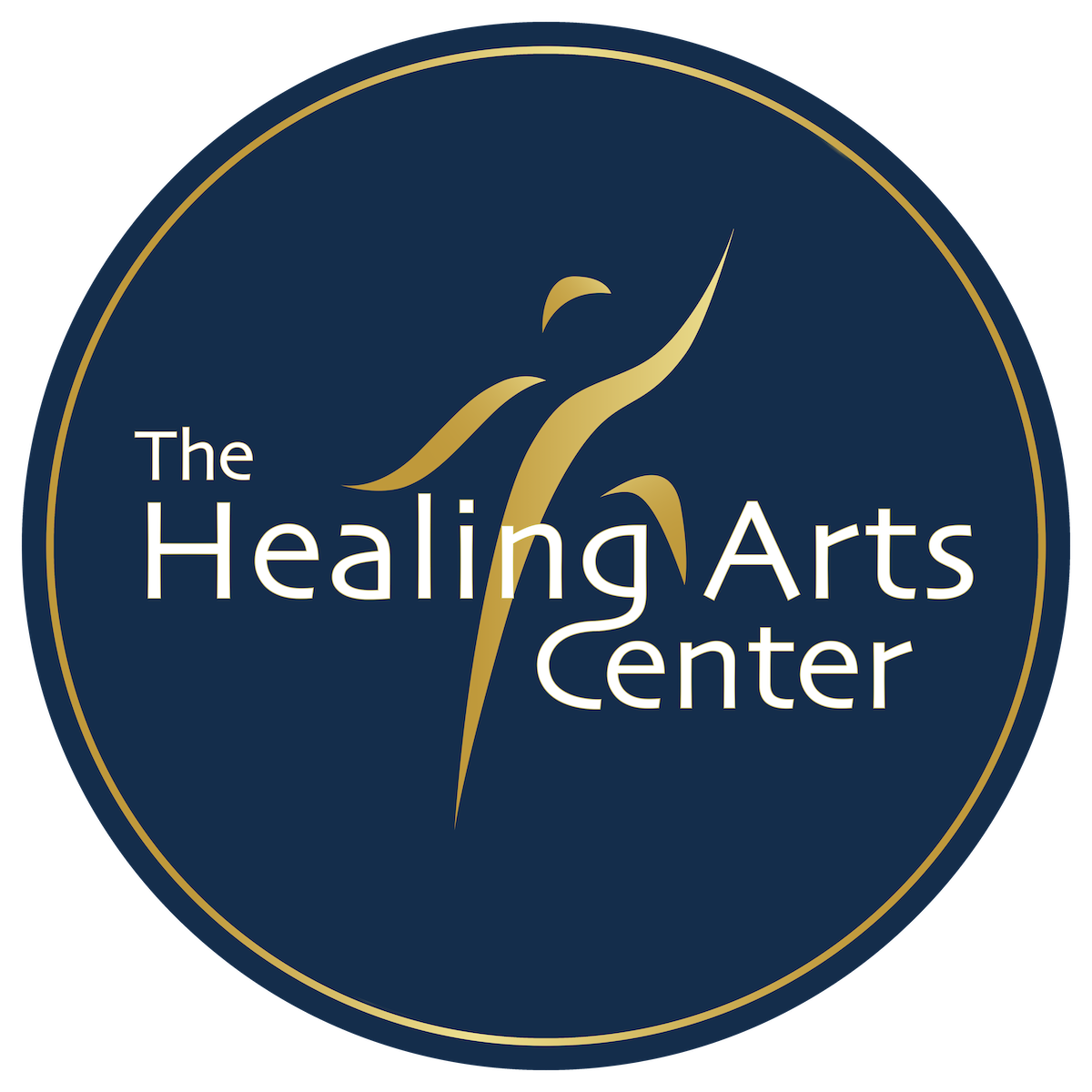Promoting Relaxation: Lessons from Traditional Chinese Medicine
Happy National Relaxation Day! It’s funny, we actually probably don’t need an entire day dedicated to relaxation; relaxation, self-care, wellness, and an overall awareness of the importance of slowing down has become quite mainstream in our culture these days. How people do that looks different, however. We love exposing people to the practices of acupuncture, chiropractic, massage and tai chi to promote whole body wellness, and in turn, relaxation.
Traditional Chinese Medicine (TCM) takes a different approach to stress and relaxation than Western techniques. The biggest difference being that TCM includes a balanced approach to all systems of the body at the same time, always. If someone comes in for shoulder pain, we don’t just put four needles in their shoulder and walk away. We always include what someone’s state of mind and overall health is, so that their body can maximize healing if there’s ever intense pressure or injury. Our Western medical system right now is so specialized, and TCM places much more importance on the whole picture.
Acupuncture, for example, has been shown to modulate cortisol levels, which tones down the fight or flight response we can have in anxiety-producing situations (or for some, even just reading the internet). This greatly increases relaxation. On top of that, we basically force people to lay still in a quiet room for 25 minutes and given how sleep-deprived we all are, a forced nap can do wonders! Many of our patients are also going through extremely stressful procedures like IVF or dealing with cancer, they see Acupuncture as a safe haven. They get someone who listens to them, can help them wrap their head around what’s happening with their health, and also to be pro-active, doing something for themselves. Typically, clients incorporate Acupuncture into their lives in one of two ways – they either make it a part of their regular routine so it’s always coursing through their veins be it weekly, monthly or quarterly at the change of seasons. Alternately, some do a flash course of 3-4 treatments close together when they feel like life is really overwhelming them.
Another great technique for relaxation we pull from Eastern culture is practicing Tai Chi. Tai Chi leads to relaxation because it’s performed slowly and mindfully promoting a meditative quality. The heart rate slows, blood pressure decreases and your breathing deepens. The movements of Tai Chi themselves also effect the body because you are always moving from your center; creating integrated movement. Tai Chi is often called a "moving meditation" because of these physiological and movement-oriented effects on the body. The saying "move like a river, be still as a mountain" is often said to characterize the Tai Chi mind-body connection. People in the West often assume Tai Chi is only for the elderly, and we believe that is certainly a misnomer. In China for example, all age groups are taught Tai Chi, even children.
Of course, guided meditation is another way to relax that is gaining popularity. One of our practitioners, Dr. Stephen Rosenzweig (who was recently recognized by Philadelphia Magazine as one of the area’s Top Doctors!), specializes in Integrative Medicine, consisting of natural therapies and supportive care for patients with cancer or other life-challenging illnesses. He has developed his own guided meditation. If you’re interested in listening and giving it a try, you can listen here.
Whatever you do to celebrate National Relaxation Day, don’t think relaxation is just sitting like a lug on a beach (though that is certainly an option!). Relaxation can be going to Spin class, playing ping pong, hiking in the Wissahickon or trying out something new like Acupuncture or Tai Chi. You can see our Tai Chi class schedule and sign up here, or to learn more about starting Acupuncture treatment, read more here. And remember, relaxation doesn’t need to be complex – it’s simply whatever gets your mind into a different state and possibly adds a little joy to your day.


